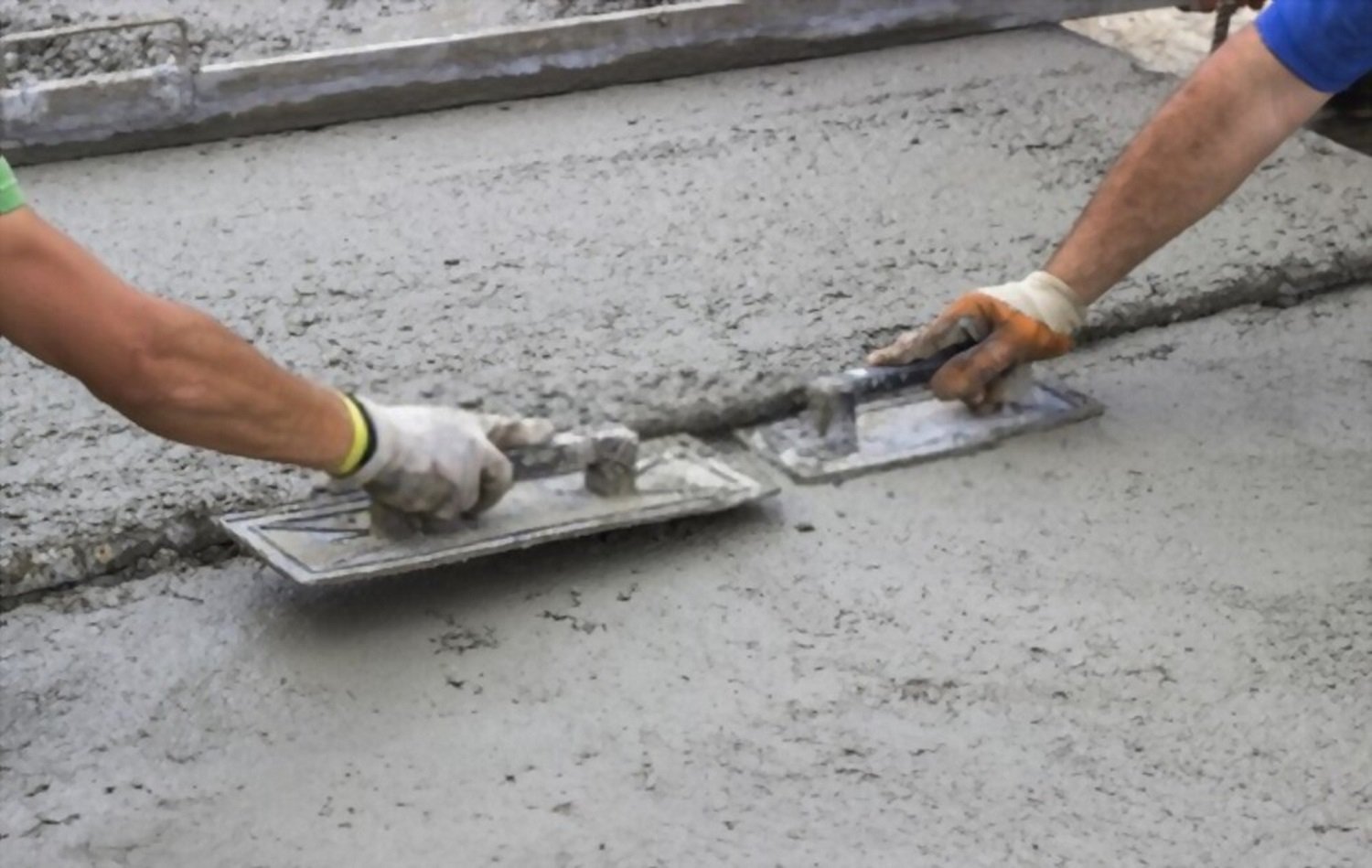Improving Sustainability in Construction: The Role of Concreters
In our ever-evolving world, a growing interest in sustainability has started to ripple through nearly every industry. One sphere where this wave is particularly substantial is construction. But how does an environmentally conscious ethos weave into the threads of such a fundamentally resource-intensive industry, you might ask? This post will help illuminate that pathway, casting a spotlight on the unsung heroes of the concrete scene – the concreters – and their pivotal roles in ushering in an age of sustainable construction.
Broadly, we’ll delve into why the shift towards sustainable construction is critical, what concreters are doing to jump on this bandwagon, who are some notable movers and shakers in the industry, and when this change began picking up steam. We’ll also examine the benefits and challenges surrounding sustainable practices within the concreting profession.
Landscape shifts can feel monumental, especially when the dialogue around sustainability grows more urgent with each day. The question is, are we, and specifically, concreters, ready to sail these choppy, unchartered waters and emerge as pioneers of sustainable construction? Let’s drill down on that.
Why Sustainable Construction Matters?
Historically, construction has been linked with environmental depredation. From ozone depletion to deforestation, the charges are grave. However, sustainable construction challenges this narrative and ushers in a new era of eco-conscious building practices. As an industry which consumes large portions of energy and resources, construction practices carry great potential in transforming our relationship with our natural environment. Viewing this transition from the eyes of concreters, we’ll explore the specifics that make sustainable construction a worthy endeavor.
The Role of Concreters
The concreter’s role is significant in driving sustainable construction practices forward. Through use of recycled materials, reduction in waste, and utilization of energy-efficient processes, concreters have a substantive ripple effect on the landscape of construction and subsequently, our planet. Their intimate relationship with a decidedly carbon-intensive material – concrete – positions them as key players in this sustainable transition.
Concreters Stepping Up to the Plate
In the wake of this transforming ethos, several concreters and their companies are trailblazing the way forward. By integrating sustainable principles into their work ethos, they are showing us the way forward for a more sustainable construction industry. Here, we’ll explore some of the trailblazers in this field.
The Road to Sustainability
The journey towards sustainable practices in construction has been a gradual one, gaining momentum over the last few decades. Looking closely at this timeline, we get a glimpse of how concreters have adapted and evolved in this changing zeitgeist.
The Pros of Sustainable Concreting
There’s a cornucopia of benefits associated with environmentally sound concreting practices. From resource efficiency to cost savings, the payoffs span multiple domains. A dive into the intricacies will reveal the true potential of green concreting.
The Challenges Involved
As with any profound change, moving towards sustainable construction is accompanied by its share of hurdles. From system and material limitations to mindset resistance, the complexities deserve our thoughtful deliberation.
Conclusion
The eco-conscious revolution within the construction industry is a ship that’s sailed, and at the helm, we find the dedicated professionals involved in concrete work. As more concreters take the helm in adopting green construction practices, they are shifting the very foundations of the industry towards sustainability. Grasping the magnitude of their role underscores our collective responsibility in ushering in this new era. There’s an urgent need to rally behind our concreters in their journey towards sustainable construction, not just for their craft’s evolution, but for the well-being of our planet.







